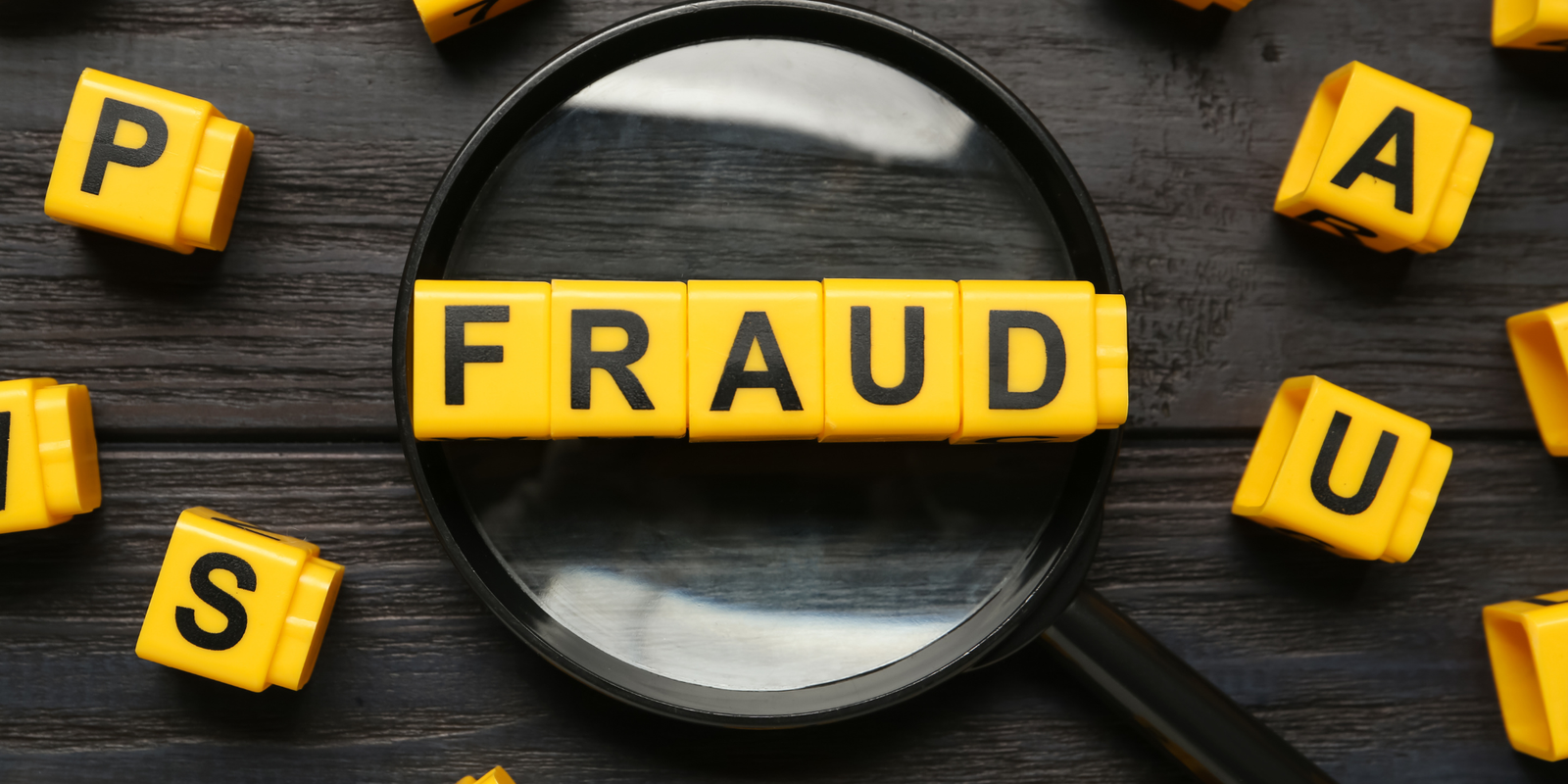[ad_1]
The startup world is often viewed as a thrilling landscape brimming with innovation and transformative ideas that shake up entire industries. But beneath that glitzy surface lies a darker side—one marked by shocking scandals that have left investors and the public baffled.
These companies promised groundbreaking solutions, only to later be exposed as fraudulent schemes. Here’s a look at the top 5 alleged startup frauds that left everyone in disbelief!
Top 5 startup frauds that broke the internet

1. Theranos
One of the most infamous startup frauds in recent history, Theranos promised to revolutionise medical testing with its supposedly innovative blood-testing technology.
Founded by Elizabeth Holmes, the company attracted hundreds of millions in investment. However, it was eventually revealed that the technology was entirely fictional. Holmes and its former Theranos president Ramesh Balwani were charged with criminal fraud, and the company was dissolved in 2018.
2. FTX
FTX, a cryptocurrency exchange founded by Sam Bankman-Fried in 2019, was once valued at over $32 billion. It rapidly grew and became one of the most recognised names in the crypto industry. However, in November 2022, FTX’s empire crashed, shocking the crypto world and beyond.
The unravelling started with a bombshell report from CoinDesk, which unveiled that FTX and its sister company, Alameda Research, heavily consisted of speculative tokens. After the news broke out, FTX’s customers rushed to withdraw their funds, but the exchange couldn’t meet these demands, leading to its bankruptcy.
Bankman-Fried was arrested and charged with fraud, money laundering, and securities violations. The FTX scandal wiped out billions of dollars in investor and user funds and shook confidence in the cryptocurrency market.
3. Satyam computers
Known as “India’s Enron,” Satyam Computers was once a shining example of success in the Indian IT sector. Founded by Ramalinga Raju, Satyam was a multinational consulting and IT services company that was listed on the Bombay Stock Exchange.
In January 2009, Raju confessed to having inflated the company’s accounts by $1.4 billion, making it one of the largest corporate frauds in Indian history. Raju and his colleagues had been falsifying financial statements for years, reporting profits that didn’t exist and hiding debts.
The revelation of this fraud led to an immediate collapse of the company’s stock price, massive layoffs, and legal action against its executives. Satyam’s downfall marked a turning point for corporate governance in India and led to stricter regulations in the tech industry.
4. OneCoin
In 2014, Ruja Ignatova, often dubbed the “crypto queen,” launched OneCoin with grand ambitions of creating a revolutionary cryptocurrency that would rival Bitcoin. The company promised high returns and a lucrative business model for investors who bought into its token, supposedly backed by real crypto assets.
However, it was soon revealed that OneCoin was nothing more than a Ponzi scheme. The company’s blockchain didn’t actually exist. By the time the fraud was uncovered, OneCoin had defrauded investors of more than $4 billion globally.
Ignatova vanished in 2017 and has not been apprehended despite being on the FBI’s most-wanted list. OneCoin’s fraudulent activities revealed the vulnerabilities within the cryptocurrency space and left numerous investors in financial ruin.
5. Mozido
Mozido, a fintech startup founded by Michael Liberty, once seemed poised for success after raising an impressive $55 million from investors. However, behind the scenes, the company operated with a web of deceit, utilising false financial data and shell companies to secure its funding.
By 2017, Michael, his wife, and several associates had spent nearly $48 million on a lavish lifestyle, buying luxury items, a dairy farm, and extravagant trips aboard private jets.
But Mozido’s high-flying existence wasn’t destined to last. Later, the Securities and Exchange Commission (SEC) learned of the company’s misdeeds, leading to charges that would ultimately shut down Mozido’s operations.
The takeaway
These frauds serve as stark reminders of the potential risks and dangers in the startup ecosystem. While innovation and entrepreneurship continue to drive the global economy, investors and consumers must remain vigilant and critical of claims that seem too good to be true. Transparency, accountability, and due diligence are essential to avoid falling victim to the next big startup scam.
[ad_2]
Source link





